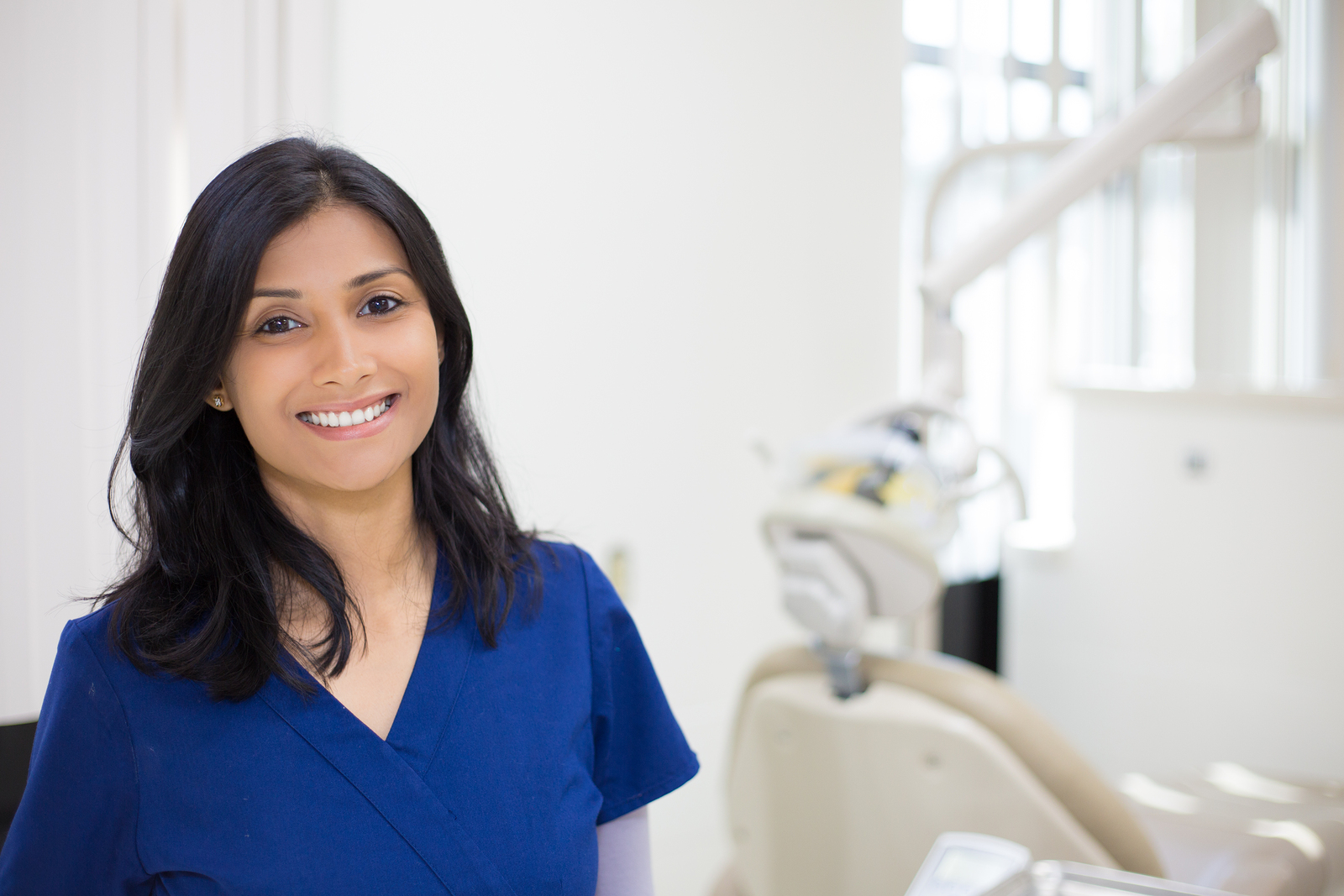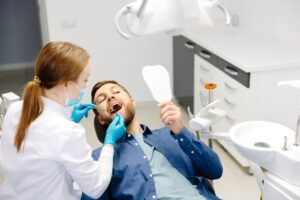A healthy work-life balance is frequently a pipe dream for professionals in the United States. Recent research shows the U.S. ranked 30th out of 38 countries concerning work-life balance, according to Entrepreneur. Additionally, this research indicates 11.4% of employees work 50 or more hours each week. Workers only devote approximately 11 hours each day to leisure and personal care, including sleep.
A healthy work-life balance is vital. However, it sometimes gets overlooked in the hustle-and-bustle of everyday work activities. In the short-term, problems like too much work, a long commute to the office, or an overbearing boss can make it tough for any professional to maintain a healthy work-life balance. Meanwhile, if a professional continuously prioritizes work over leisure and personal care, he or she is susceptible to anxiety, depression, and stress. This individual is also more prone than others to heart disease and other long-term health problems.
Dental assistants face major challenges every day. A typical day in the life of a dental assistant involves engaging with patients, providing assistance during dental procedures, taking and processing X-rays, and maintaining a clean, tidy office, among other responsibilities. As such, at the end of his or her work shift, it may be tough for a dental assistant to disconnect from work.
How Can You Maintain a Healthy Work-Life Balance?
At Howard Healthcare Academy, we strive to teach our students the skills they need to thrive as dental assistants. At the same time, we recognize that dental assisting is a career – not a lifestyle – and want to help our students achieve a healthy work-life balance. Now, let’s take a look at five tips to help you build and maintain a healthy work-life balance as a dental assistant.
Spend time with your friends and family.
Your friends and family want you to enjoy life. If you make time for friends and family, you can connect with loved ones who can help you discover a healthy work-life balance.
Schedule time with friends and family – you will be happy you did. Time-management expert Laura Vanderkam notes that establishing relationship priorities often helps people feel happier and less busy than ever before. Plus, relationship priorities enable you to lay the foundation for good relationships that can help you stay satisfied and healthy for years to come.
Planning activities with friends and family is usually simple and fun. For example, a game night with friends offers a great way to help you take your mind off work and foster good relationships. You can always plan a weekend ski trip with your friends, host a weekly family dinner, or find lots of other activities to engage with your friends and family, too.
Stay in the moment.
Mindfulness can make a world of difference for a dental assistant, particularly when it comes to establishing and maintaining a healthy work-life balance. A mindful dental assistant stays in the moment and acknowledges the world around him or her. He or she also won’t stress about past errors or potential issues that might crop up in the future; instead, this dental assistant embraces the present and tries to make the most of it.
Taking a mindful approach to daily activities can be difficult at first. To embrace a mindful approach to everyday work activities, focus on the task at hand. It often helps to take a step back and breathe any time you start to feel anxious or stressed at work. Stay in the moment and try not to worry about the small stuff.
Of course, a mindful approach should be applied outside of a dental practice as well. If you remain in the moment, you can keep your work concerns where they belong – at work. Best of all, you can use your time outside of work to focus exclusively on leisure and personal care and enjoy this time to the fullest extent.
Establish daily priorities.
Lots of people compete for your time, yet there is only so much you can do with the time at your disposal. Thankfully, if you establish daily priorities, you will be well-equipped to get the most out of your time.
A daily priority list should include both urgent and important items. Whereas urgent items are things you would like to complete right away, they should not take precedence over important items, i.e. things that need to get done.
Leisure and personal care are essential, and they should be considered important items in your daily priority list. Remember, leisure and personal care help you feel your best both at work and outside of work. If you prioritize leisure and personal care, you can incorporate them into your everyday life to achieve a healthy work-life balance.
Avoid the temptation to overcommit to work tasks.
As a dental assistant, you want to do your best at work. In certain instances, the temptation to stay late and help colleagues with assorted work tasks can be overwhelming. If you take on too much work at once, you may start to feel burned out.
To avoid overcommitting to work tasks, strive for excellence – not perfection. Try your best every day, and you can take solace in the fact that you have done everything in your power to succeed.
Don’t hesitate to say “No” when necessary, either. If you feel like you are taking on too much at work, be honest. If you discuss your concerns with your supervisor, you and your supervisor can work together to find a solution that satisfies all parties.
Exercise regularly.
Regular exercise is a key tenet of maintaining a healthy work-life balance. It can even help you reshape your approach to work challenges.
Research shows regular exercise helps people reduce stress and get in shape. Regular exercise is also linked to self-efficacy, i.e. the confidence that makes you believe you can get things done. People with high self-efficacy often embrace challenges and see them as opportunities to learn and grow. As a result, regular exercise delivers benefits that could help a dental assistant overcome everyday work challenges, maximize his or her productivity, and much more.
You don’t need to be a gym rat or fitness guru to start a regular exercise regimen. Committing even 30 minutes a day for three or four days a week to go for a walk or run around your neighborhood, participate in a spinning class, or lift weights at home can help you build a successful exercise routine. Then, with your exercise routine is in place, you may start to feel more confident and can take your day-to-day work productivity to new heights.
Achieving and maintaining a healthy work-life balance requires hard work and patience. If at first you don’t succeed, be persistent. Over time, your hard work and patience will pay off, and you will be happy, healthy, and productive in both your professional and personal lives.












